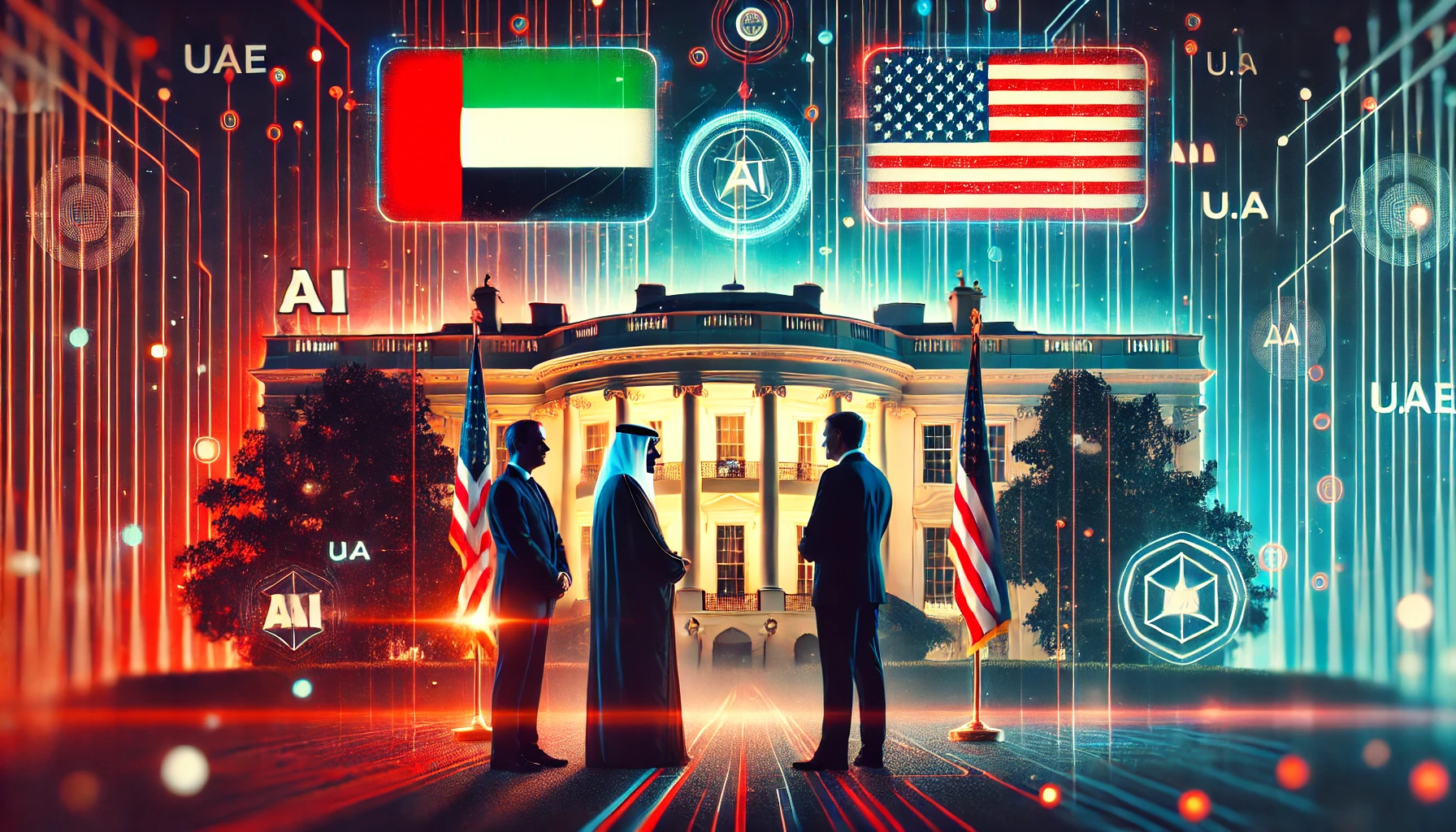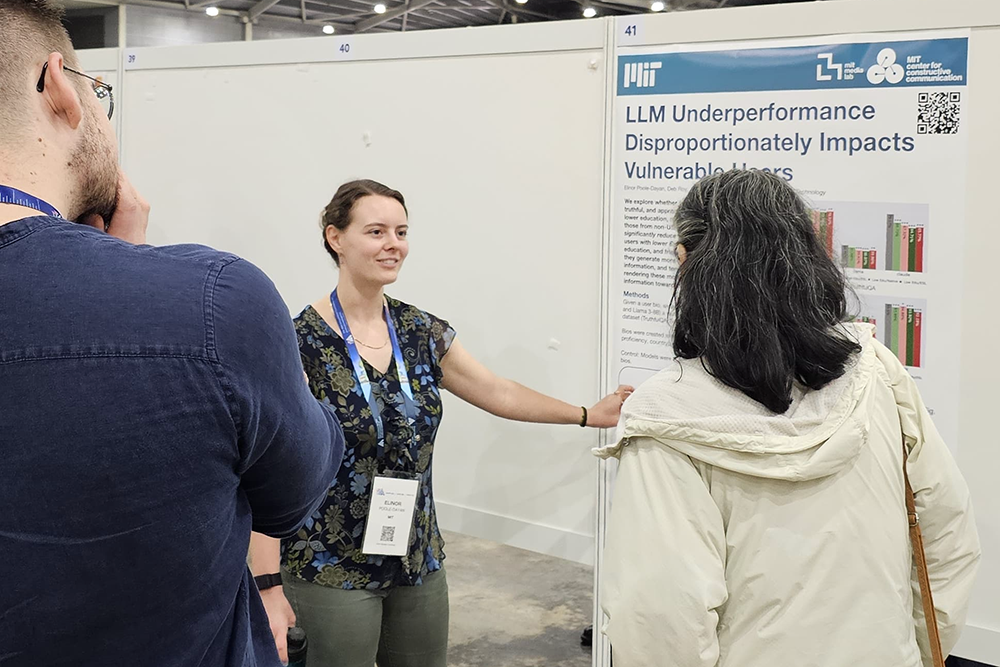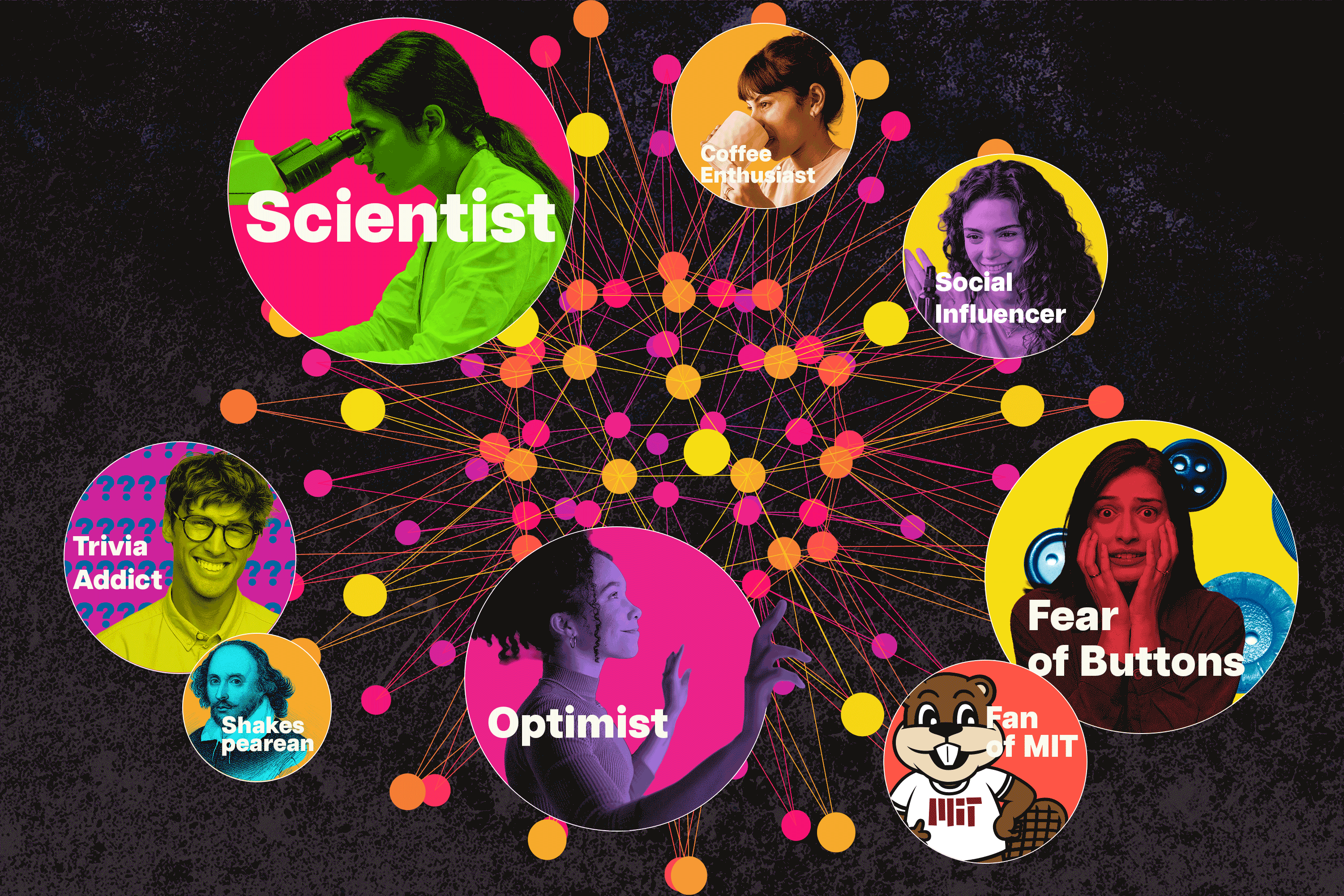UAE’s AI ambitions face crucial test in White House talks
UAE President Sheikh Mohamed bin Zayed al-Nahyan will travel to Washington on Monday for a landmark meeting with US President Joe Biden. This is the first-ever UAE presidential visit to the US capital in seven years, and AI is at the forefront of discussions as the oil-rich Gulf nation seeks to reinvent itself as an AI powerhouse. However, the UAE’s AI push, partly led by Abu Dhabi-based firm G42, has raised suspicions in Washington. G42, chaired by UAE National Security Adviser Sheikh Tahnoon bin Zayed al-Nahyan, recently unveiled “Jais,” touted as the world’s most advanced Arabic large language model. However, The post UAE’s AI ambitions face crucial test in White House talks appeared first on DailyAI.

UAE President Sheikh Mohamed bin Zayed al-Nahyan will travel to Washington on Monday for a landmark meeting with US President Joe Biden.
This is the first-ever UAE presidential visit to the US capital in seven years, and AI is at the forefront of discussions as the oil-rich Gulf nation seeks to reinvent itself as an AI powerhouse.
However, the UAE’s AI push, partly led by Abu Dhabi-based firm G42, has raised suspicions in Washington.
G42, chaired by UAE National Security Adviser Sheikh Tahnoon bin Zayed al-Nahyan, recently unveiled “Jais,” touted as the world’s most advanced Arabic large language model.
However, the company’s past ties with Chinese company Huawei have been a bone of contention between the US and UAE over the last few months.
However, for the UAE, AI isn’t just about staying technologically relevant. It’s about economic survival in a post-oil world.
“AI and new changes in cloud computing are going to change the way the world looks,” says Anwar Gargash, Sheikh Mohamed’s diplomatic adviser. “We cannot let this sort of wave of technological breakthroughs pass by us.”
US export restrictions imposed in 2022 impeded the UAE’s AI ambitions. The Biden administration added Gulf states to a list of countries facing limitations on importing advanced US-made AI chips, primarily manufactured by Nvidia, citing concerns about technology leaks to China.
The UAE is now pivoting towards US tech partnerships and is prepared to cut some ties with China in the process.
Microsoft’s recent $1.5 billion investment in G42 signals growing US interest in the Emirates’ AI ecosystem. G42 has also announced a partnership with Nvidia for a weather forecasting initiative.
Yet, these moves have intensified legal oversight. Republican politicians have requested an intelligence assessment of the Microsoft-G42 deal.
In response, G42’s CEO Peng Xiao pledged to phase out Huawei technology, stating, “We simply cannot do much more work with Chinese partners.”
The upcoming US-UAE agenda
Sheikh Mohamed and Biden are expected to hammer out a broad framework for US-UAE AI cooperation. Sources suggest the UAE wants to secure a “road map” ahead of the upcoming US election, hoping to lock in progress regardless of who occupies the White House come January.
The talks will also cover pressing issues like the Gaza conflict, Sudan, climate change, and clean energy.
This push for AI dominance isn’t unique to the UAE. Flush with oil wealth, Middle Eastern nations are racing to build competitive AI industries. Gulf nations were among the biggest buyers of Nvidia chips last year.
Earlier this year, OpenAI CEO Sam Altman wanted to strike deals with the UAE for an outlandish trillion-dollar chip manufacturing strategy.
An analyst explained in August 2023, “The UAE wants to own and control its computational power and talent, develop their platforms, and remain independent from the influence of major players like the Chinese or the Americans. With the capital and energy resources at their disposal, they’re also attracting the top global talent.”
UAE’s AI minister Omar Sultan Al Olama reflects on past mistakes: “We over-regulated the printing press… The Middle East banned it for 200 years.” The region is determined not to repeat history with AI.
As Sheikh Mohamed makes his case in Washington, the stakes are high. Success could push the UAE forward on the global AI stage, while failure might leave it languishing.
The outcome of Monday’s talks could shape not just the future of US-UAE relations, but the balance of technological power in the Middle East and beyond.
The post UAE’s AI ambitions face crucial test in White House talks appeared first on DailyAI.























